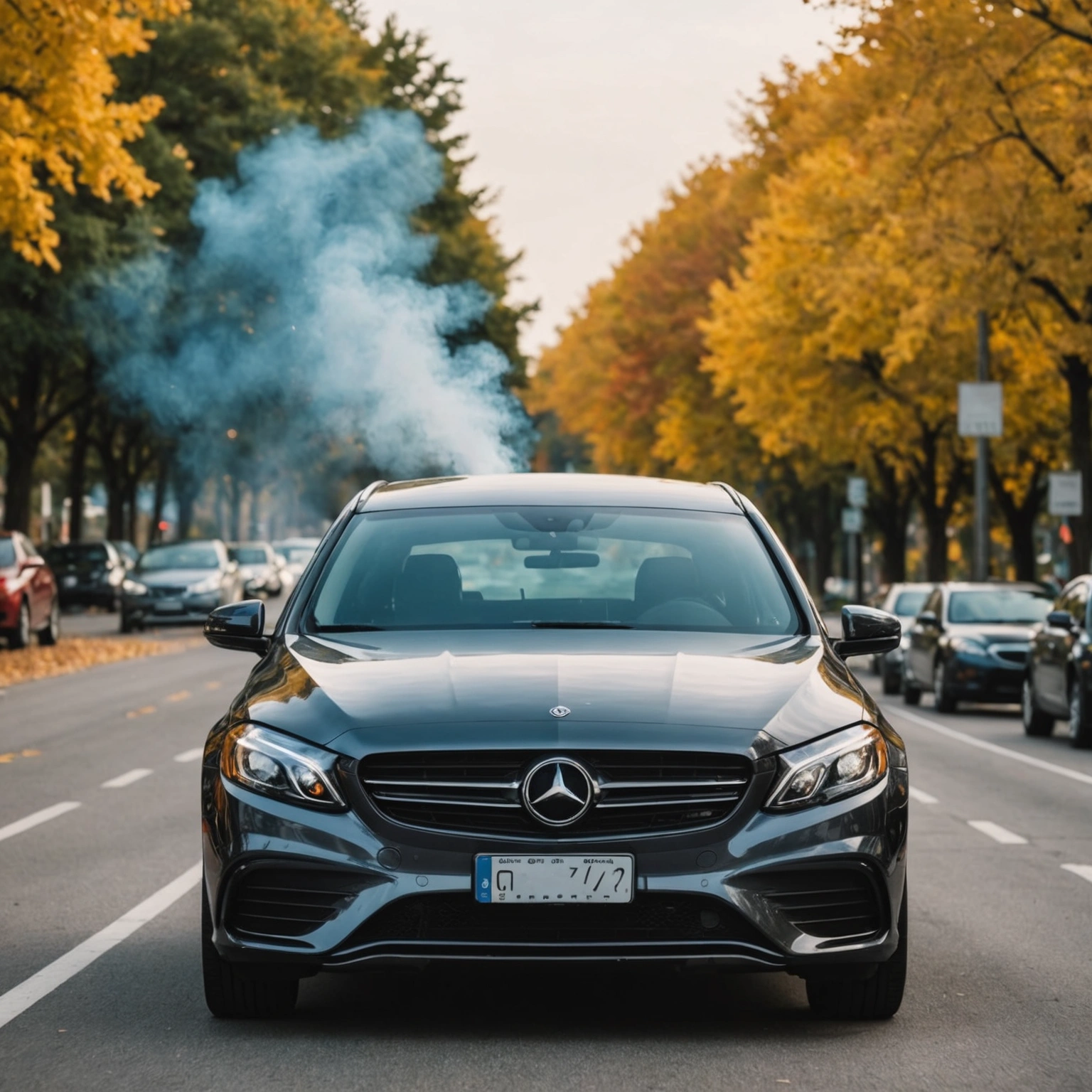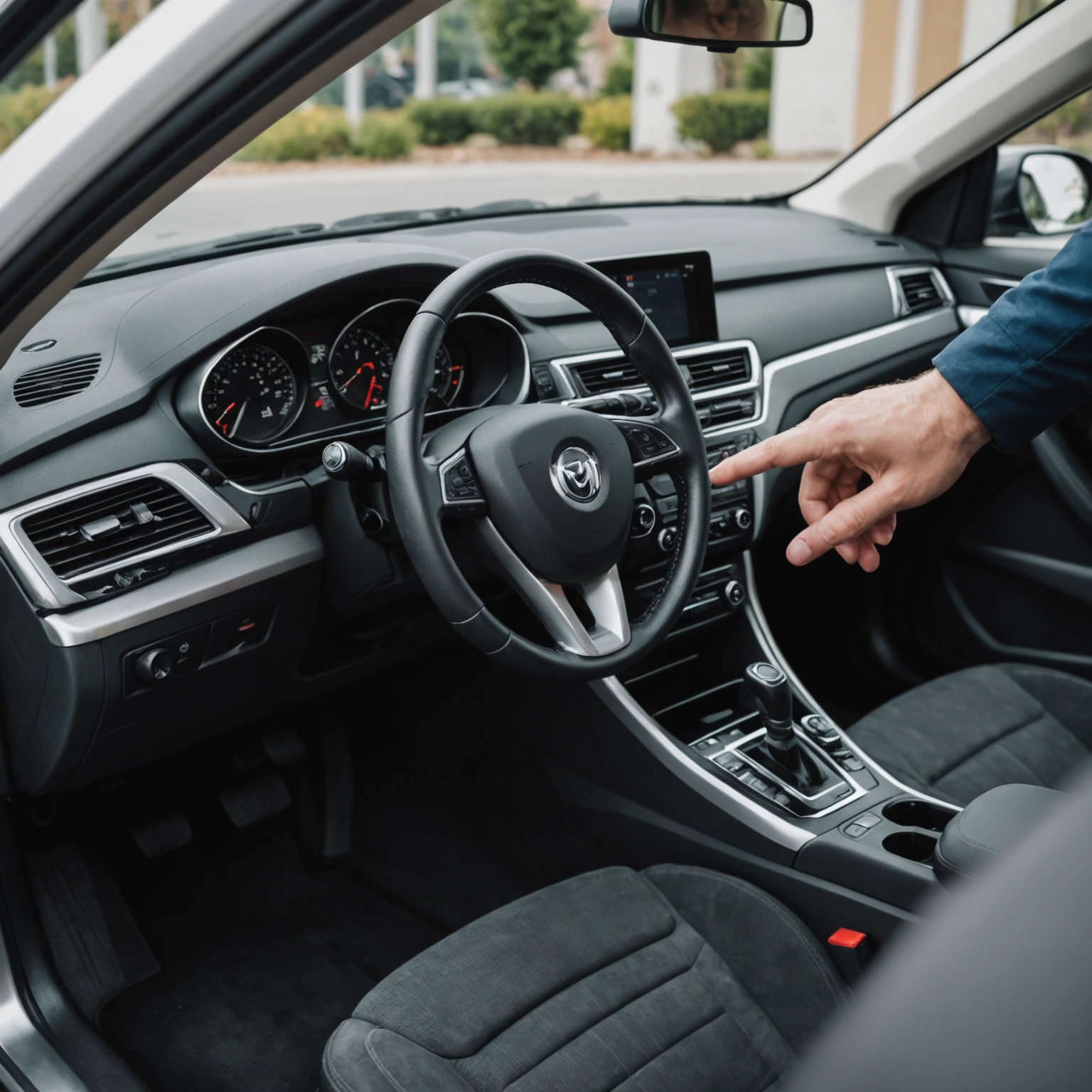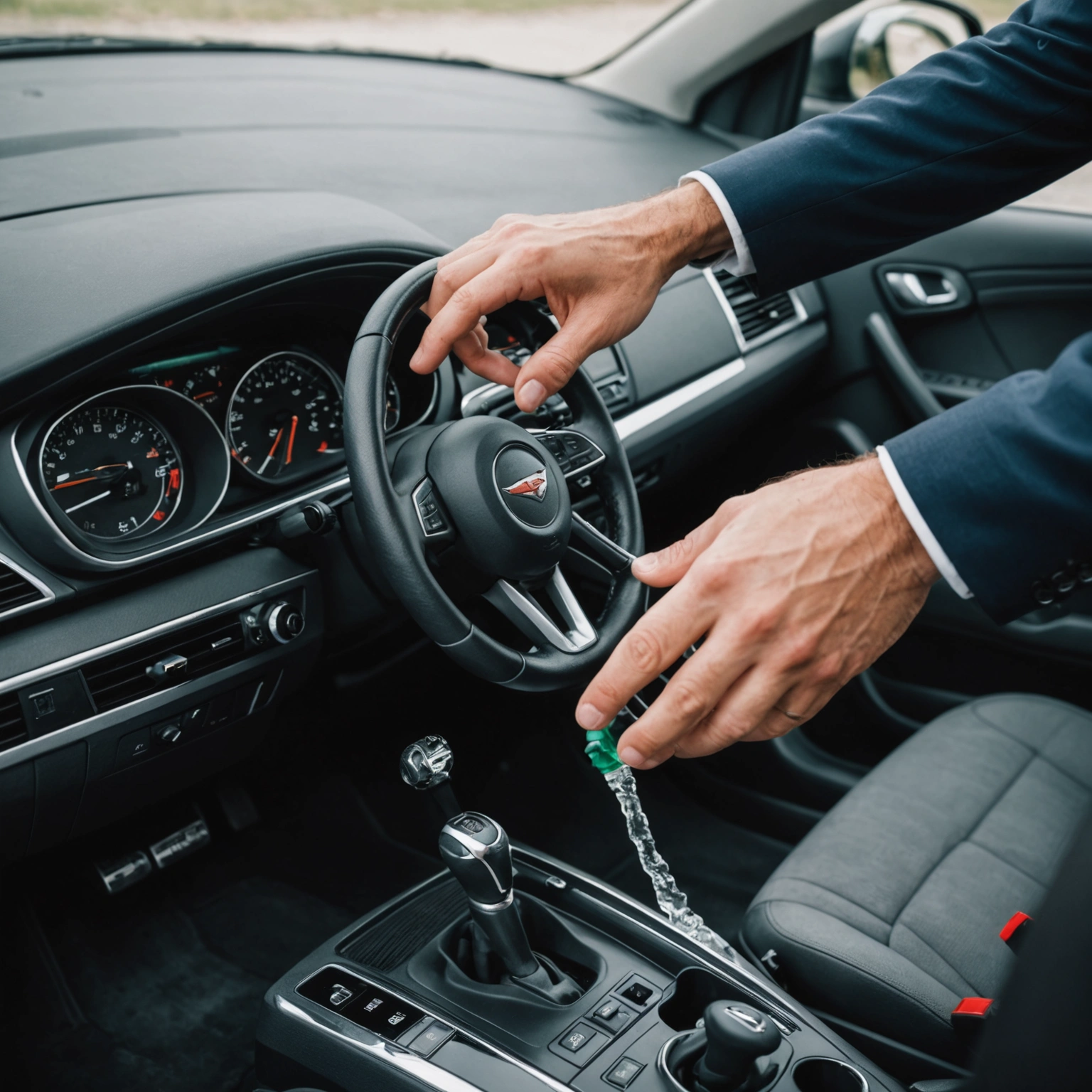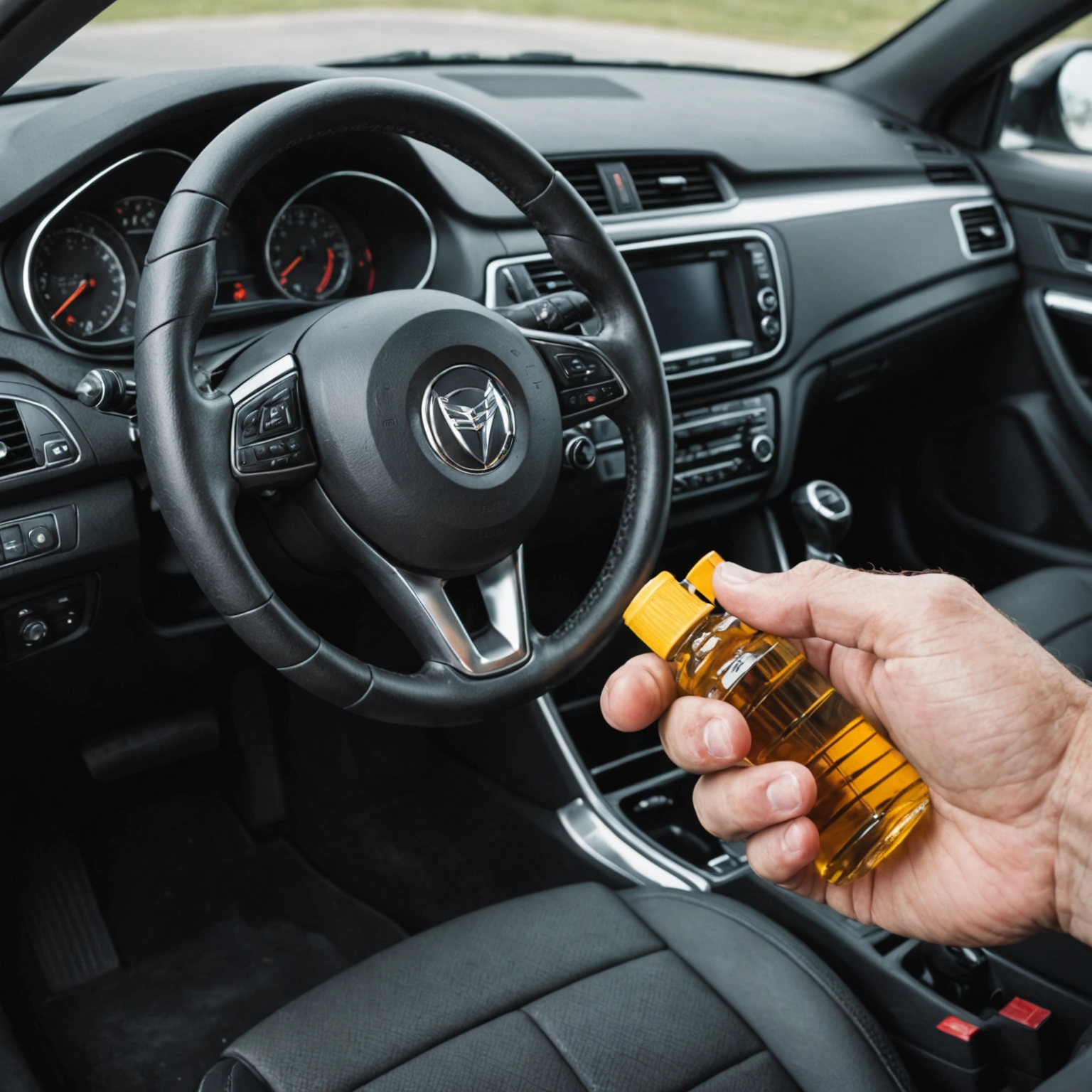**Why Does My Car Smell Like Gasoline? Understanding the Causes and Solutions**
If you notice a strong smell of gasoline inside or around your vehicle, it’s a cause for concern. Not only is it unpleasant, but it can also indicate potential safety hazards, such as fuel leaks or engine issues. In this article, we’ll explore the common reasons behind a gasoline smell in your car and what steps you can take to address the problem.

### Common Causes of a Gasoline Smell in Your Car
1. **Fuel Leak**

– **Description:** A leak in the fuel system is one of the most serious causes. It can occur in various parts, including fuel lines, fuel injectors, or the fuel tank itself.
– **Signs:** Visible fuel puddles, dripping sounds, or a persistent strong gasoline odor.

– **Risks:** Fuel leaks are dangerous due to the risk of fire or explosion. Immediate inspection and repair are crucial.
2. **Loose or Faulty Gas Cap**

– **Description:** A loose, damaged, or missing gas cap can cause fuel vapors to escape.
– **Signs:** The smell is usually strongest near the fuel door or gas cap area.
– **Solution:** Ensure the gas cap is tightly secured and in good condition. Replace if damaged.
3. **Evaporative Emission Control System (EVAP) Issues**
– **Description:** The EVAP system captures fuel vapors from the tank and prevents them from escaping into the atmosphere. Faulty components like the charcoal canister, purge valve, or vent valve can cause odors.
– **Signs:** Check engine light may turn on, and you might notice the smell primarily when refueling.
4. **Fuel Injector or Fuel Line Problems**
– **Description:** Leaking fuel injectors or cracks in fuel lines can lead to fuel fumes escaping.
– **Signs:** Fuel smell during engine operation or when parked, especially near the engine bay.
5. **Recent Refueling or Spills**
– **Description:** Spilling fuel during refilling can leave residual vapors that linger.
– **Solution:** Clean the area around the fuel door and ensure no fuel remains on the exterior.
6. **Faulty Fuel Pressure Regulator**
– **Description:** A malfunctioning regulator can cause excess fuel to leak or vaporize improperly, leading to odors.
– **Signs:** Poor engine performance, black smoke from exhaust, or fuel smell.
### What Should You Do If Your Car Smells Like Gasoline?
– **Safety First:** If you suspect a fuel leak or notice visible fuel, avoid driving the vehicle and get it inspected immediately. Fuel vapors are highly flammable.
– **Check the Gas Cap:** Make sure it’s tight and undamaged.
– **Inspect for Visible Leaks:** Look under the vehicle for any signs of fuel pooling or wet spots.
– **Schedule a Professional Inspection:** Have a qualified mechanic perform a thorough check of the fuel system, including lines, injectors, and the EVAP system.
### Preventive Tips
– Always ensure the gas cap is properly sealed after refueling.
– Regularly inspect your fuel system if you notice any odd smells.
– Address warning lights promptly; a check engine light can signal EVAP system issues.
– Avoid refueling when the tank is nearly full to prevent spills.
### Conclusion
A gasoline smell in your car can stem from simple issues like a loose gas cap or more serious problems like fuel leaks or EVAP system malfunctions. Regardless of the cause, it’s essential to address the problem promptly to ensure your safety and prevent further damage to your vehicle. If you’re unsure or uncomfortable inspecting the system yourself, consult a professional mechanic to diagnose and resolve the issue effectively.

